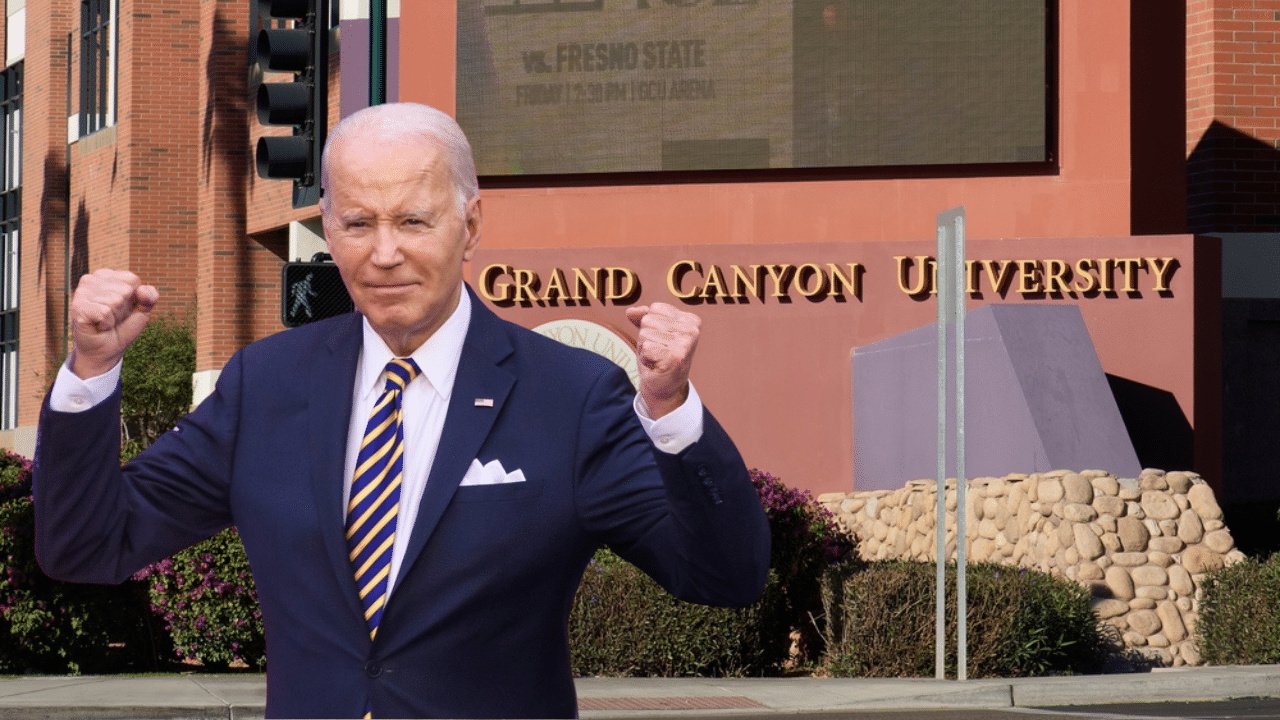Hitler’s rise to power was based upon long-term factors – resentment in the German people, the weakness of the Weimar system – which he exploited through propaganda (paid for by his rich, Communist-fearing backers), the terror of his stormtroopers, and the brilliance of his speeches.
During the ‘roaring twenties’ Germans ignored this vicious little man with his programme of hatred. But when the Great Depression ruined their lives, they voted for him in increasing numbers. Needing support, and thinking he could control Hitler, President Hindenburg made the mistake in January 1933 of giving Hitler the post of Chancellor. Are we witnessing this same pattern beginning to surface again? You Decide!
1. Long-term bitterness – Deep anger about the First World War and the Treaty of Versailles created an underlying bitterness to which Hitler’s viciousness and expansionism appealed, so they gave him support.
2. Ineffective Constitution – Weaknesses in the Constitution crippled the government. In fact, there were many people in Germany who wanted a return to dictatorship. When the crisis came in 1929–1933 – there was no one who was prepared or able to fight to stop Hitler.
3. Money – The financial support of wealthy businessmen gave Hitler the money to run his propaganda and election campaigns.
4. Propaganda – Nazi propaganda persuaded the German masses to believe that the Jews were to blame and that Hitler was their last hope.
5. Programme – Hitler promised everybody something, so they supported him.
6. Attacks on other parties- The Stormtroopers attacked Jews and people who opposed Hitler. Many opponents kept quiet simply because they were scared of being murdered – and, if they were, the judges simply let the Stormtroopers go free (see point 2). CONTINUE
















